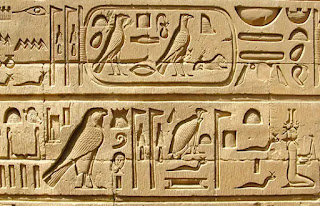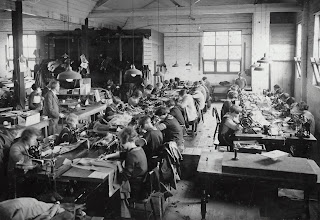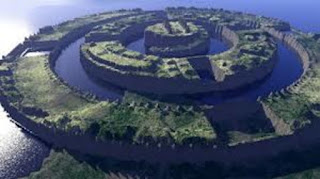The Art of Adaptation: How Movies Transform Books into Box Office Successes
Adapting a book into a movie is a complex process that requires a great deal of skill, creativity, and respect for the source material. While some adaptations fail to capture the essence of the book they're based on, others manage to transcend their origins and become box office successes in their own right. So, what is the art of adaptation, and how do movies transform books into cinematic triumphs? The first step in adapting a book into a movie is to understand the essence of the story. What is it about the book that resonates with readers? Is it the characters, the plot, the setting, or the themes? Once filmmakers have a firm grasp of what makes the book special, they can begin to translate it into cinematic language. This involves making tough decisions about what to include and what to leave out, as well as finding ways to capture the spirit of the story on screen. One of the biggest challenges in adapting a book into a movie is condensing the story into a two-hour runtime. Th...


